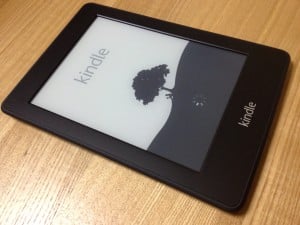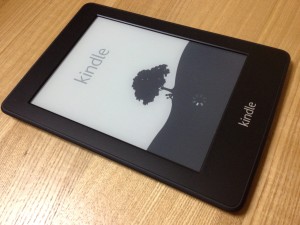 I have a roundup on Amazon's latest innovation over at Mere O Notes so if you're wanting to learn more about Kindle Unlimited, start there.
I have a roundup on Amazon's latest innovation over at Mere O Notes so if you're wanting to learn more about Kindle Unlimited, start there.
I. Our Technocratic Libertarianism
While Mark Lilla is basically correct in saying that we live in a libertarian era, that term is not without its problems. (Ross Douthat made this point quite well in a recent blog post.) Despite our libertarian tendencies, we are still creatures bearing the image of God and living in a world as creatures made by that God. So both the essence of our humanity and the nature of our creaturely existence constrains our ability to function as completely autonomous beings. But when you have a society dedicated to such stark libertarianism to the cost of all non-coercive forms of community, this necessarily leaves only the coercive forces of big business and big government as the coherent social bodies able to shape communal life.
Thus we have services like Netflix and now Kindle Unlimited, both of which are premised on giving the user a seemingly infinite amount of choice, yet all of the choices available are defined by the business providing the service. So our experience of the service might seem libertarian because there are so many choices and there's nothing stopping us from choosing anything on offer.
Yet the choices available to our libertarian will are themselves defined and handed down by the only viable social bodies left to us. We just don't notice them as much these days because Amazon and Netflix have so completely blended into the fabric of our lives that we seldom look beyond them when looking for a movie or book. This is particularly troubling with Amazon given their current spat with Hachette and their history of questionable behavior regarding Kindle books.
Login to read more
Sign in or create a free account to access Subscriber-only content.
